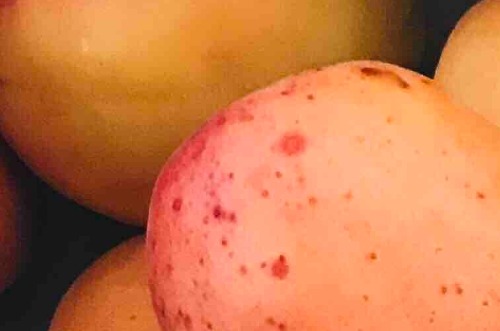W27: Mango Update

In W27 in the mango landscape, the Kent mango crops in Piura, Peru, experienced a lack of flowering until the beginning of July, with less than 1% of flowering occurring in the entire valley in June. This raises concerns about the availability of fruit in November and the limited shipments to the European market in December.
China remains Myanmar's top export market for mangoes in the first half of 2023, with the Sein Ta Lone variety being the most dominant. The strong demand for mangoes in China has led to a significant portion of Myanmar's exports being directed toward the Chinese market. So far in 2023, Shan State, a major mango-producing region, shipped over 2 thousand metric tons (mt) of Sein Ta Lone mangoes to China. The mango harvesting season in Shan State is nearing its end, while farmers in the Mandalay Region finished harvesting earlier in June. Local media reports indicate that the price of mangoes supplied to China has dropped to an average of USD 13.83-16.59/16 kg basket (CNY 100-120/16 kg basket) in late April.
Mango production in Nepal has steadily increased in recent years. In FY 2020/21, a total of 466,267 mt of mangoes were produced from 43,689 hectares (ha) of land and increased to 498,859 mt from 39,579 ha of land in FY 2021/22. In FY 2022/23, the production has risen to an average of 12.61 mt/ha, up from 10.67 mt/ha. The rising production has decreased the price of mango with substantial supplies. In general, the wholesale price of one kilo of mango was between USD 0.49-0.61/kg (INR 40-50/kg) during this season. The same amount of mango fetched between Rs 80 and Rs 90 during the same period last year. As the season draws to a close the price is expected to go up. Lastly, mango exporters in Pakistan are facing challenges in achieving their export target of 125 thousand mt due to a 20% drop in production from 1.8 million mt to 1.44 million mt and the weak strategy of the Department of Plant Protection (DPP). The DPP's new standard operating procedure (SOP) for hot water treatment (HWT) of mangoes has led to the closure of 90% of the 35 plants, causing a loss of USD 44 million. The DPP is refusing to issue NOC to the plants due to minor objections. The Pakistan Fruit and Vegetable Exporters, Importers and Merchants Association (PFVA) emphasizes that the non-approved HWT plants have been processing mangoes for export to Europe, Iran, Australia, China, Kenya and Iraq for many years and have never received any complaints from their buyers.






